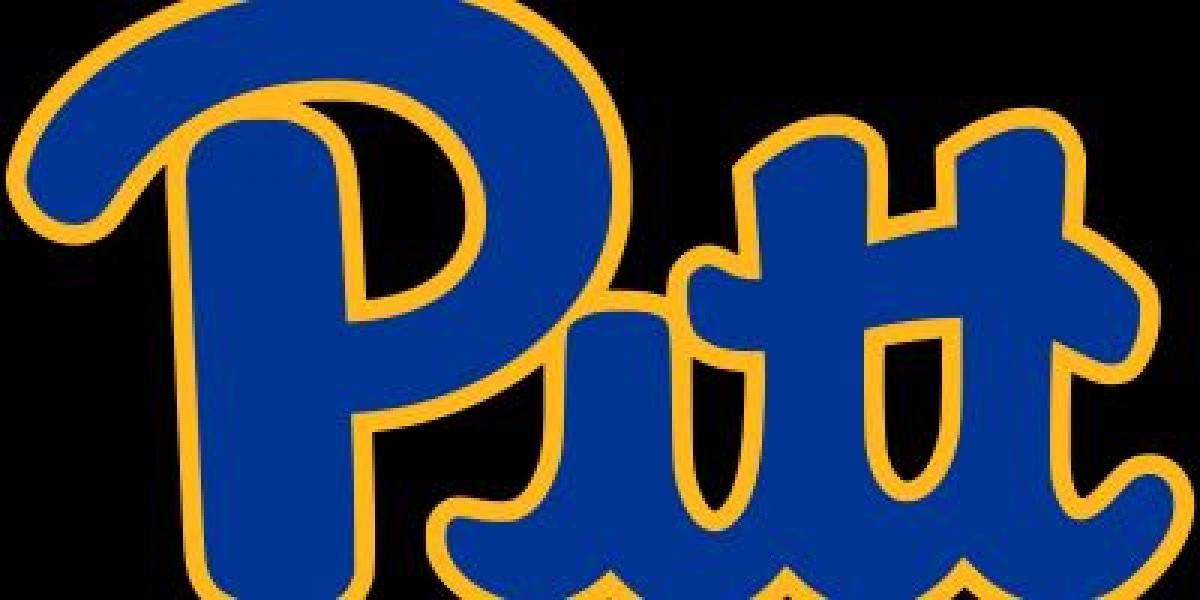The program's roots trace back to 1889, making it one of the oldest in the nation. Early success came under the legendary coach Pop Warner, who led the Panthers to their first national championship in 1916. This golden era continued in 1918 with another national title, solidifying Pitt's reputation as a powerhouse.
Following Warner's departure, Pitt faced a period of transition but continued to produce talented players and coaches. Johnny Majors, a future Hall of Famer, led the Panthers to an undefeated season in 1976 and solidified himself as a fan favorite.
The 1980s and 1990s saw the emergence of another legendary figure, head coach Jackie Sherrill. Under his leadership, Pitt established itself as a consistent contender in the highly competitive Big East Conference. Sherrill's tenure culminated in a thrilling victory in the 1997 Fiesta Bowl, a game etched in the minds of many Pitt fans.
The turn of the millennium brought further chapters to the Panthers' story. Walt Harris, a defensive mastermind, led Pitt to an appearance in the 2004 BCS Championship game, showcasing the program's continued ability to compete at the highest level.
In recent years, Pitt has navigated the changing landscape of college football, joining the Atlantic Coast Conference (ACC) in 2013. The program has continued to attract talented players and coaches, with Pat Narduzzi leading the team to consistent bowl appearances and victories over ranked opponents.
Beyond wins and losses, the Pitt Panthers program has produced numerous NFL players, including Hall of Famers Mike Ditka and Joe Greene. Additionally, the program has fostered a passionate and dedicated fanbase known for their unwavering support and unique traditions, like the iconic "turnover chain."
The history of Pitt Panthers football is a testament to the program's resilience, dedication to excellence, and unwavering commitment to its community. As the Panthers continue their journey, the legacy they have built inspires future generations of players, coaches, and fans to carry the torch forward and add their own chapters to the program's storied history.




